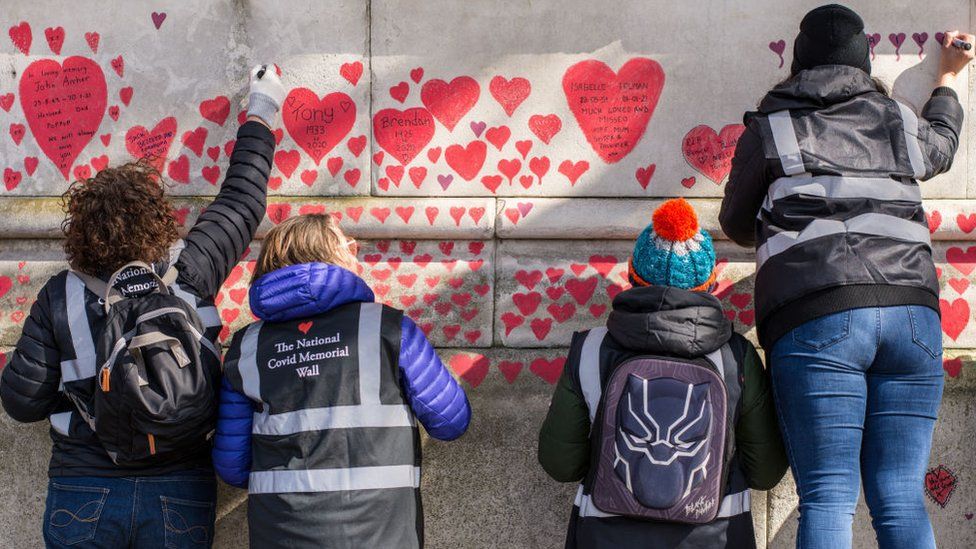

Former Prime Minister Boris Johnson is appearing before the Covid inquiry in person for the first time.
His evidence is part of the second round of public hearings, which is focusing on the response of the government and how ministers made decisions.
What is a public inquiry?
Public inquiries respond to “public concern” about events. They are established and funded by the government, but led by an independent chair.
An inquiry can demand evidence and compel witnesses to attend.
No-one is found guilty or innocent, but lessons learned are published. The government is not obliged to accept any recommendations made.
At the time, he said the government’s response would be “under the microscope”.
Who is leading the Covid inquiry?
Baroness Hallett promised the inquiry would be “thorough and fair”
How does the inquiry work?
Work in four areas has already begun:
- resilience and preparedness
- core UK decision-making and political governance
- the impact of Covid on healthcare systems
- vaccines, therapeutics and antiviral treatment
Future strands will consider:
- the care sector
- government procurement and PPE
- test-and-trace
- the government’s businesses and financial responses
- health inequalities
- education, children and young people
- other public services
There is no specific timescale for how long the inquiry will last.
What is the second round of public hearings covering?
Who has given evidence during the second round?
The inquiry has heard from government officials and advisers, academic experts and representatives of bereaved families.
Much of the evidence has been extremely critical of the the information given to the public and the way Mr Johnson and other senior ministers made decisions.
But he admitted the UK should have locked down much sooner and criticised the “toxic culture” in government, which he said had been driven by Mr Johnson’s former adviser Dominic Cummings.
Boris Johnson, Sir Chris Whitty and Sir Patrick Vallance talked to journalists at Downing St during the pandemic
She criticised Mr Johnson’s “breezy confidence” about the unfolding pandemic in March 2020, recounting the “horrible” moment she realised the UK was heading for “total disaster”.
Dominic Cummings was highly critical of former MP Boris Johnson’s approach
He said he regretted the disastrous handling of his infamous trip to Barnard Castle during the first lockdown, but denied that his actions had damaged public trust.
Former aide Lee Cain told the hearing that the pandemic was the “wrong crisis” for Mr Johnson’s “skill set”, accusing him of delaying making decisions and “constantly” changing his mind.
Who gave evidence during the first public hearings?
The first public hearings, linked to the UK’s resilience and preparedness, took evidence from 69 independent experts and former and current government officials and ministers.
These included former health secretaries Jeremy Hunt and Matt Hancock, former prime minister David Cameron and former first minister of Scotland, Nicola Sturgeon.
Prof Whitty, his predecessor Prof Dame Sally Davies, and Sir Patrick Vallance also gave evidence during the first hearings.
Prof Dame Sally Davies tells the Covid inquiry that “it wasn’t just the deaths, it was the way they died”.
When will the inquiry publish conclusions?
The next public hearings for the third area of examination – the impact of the pandemic on healthcare systems across the UK – are expected to run for 10 weeks from autumn 2024.
How can the public get involved?
Members of the public can share their experiences through the inquiry’s Every Story Matters project.
Related Internet Links
The BBC is not responsible for the content of external sites.